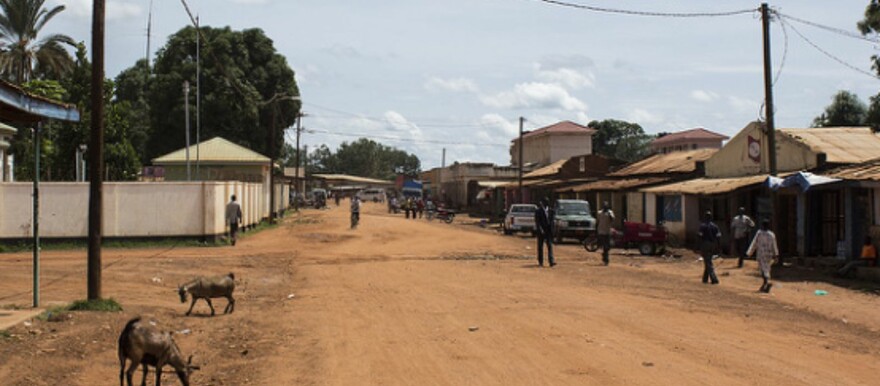The Rwonyi Boma community in Yei River County and the SSPDF have formally ratified a locally driven agreement aimed at bolstering civil-military relations in the area.
A three-day dialogue under the theme “Let us build peace together for sustainable development in Yei River County” which focused on nurturing trust and building confidence through reconciliation concluded over the weekend.
The main goal of the discourse was to usher in peaceful co-existence, tolerance, acceptance, and social cohesion between civilians and armed forces.
Joel Yeka, the Community for Progress Organization (CEPO) field officer in in Yei River County, emphasized the importance of actualizing the resolutions of the dialogue.
“We are appealing for the implementation of these resolutions that the bishop is going to read. Let us own it, it is yours. When we own it, then we will be able to restore peace and harmony in Rwonyi,” he said. “This time let us make sure the peace comes from among ourselves in the community and not from our leaders.”
Bishop Levi Marandulu of the Episcopal Church of South Sudan in Yei River County detailed the resolutions reached by the parties which included timely reporting crime, fostering peace, and forgiveness among others.
“Report all crimes immediately to the relevant authorities. There is a need for total forgiveness and reconciliation between the civilians and the army and to forget the past. Civilians should not carry guns and the chiefs should conduct awareness in the Rwonyi community that possession of guns by civilians is illegal,” he said. “Civilians should return to their original villages and farms and begin normal lives and all civil cases should be reported to the police, not the soldiers. Also, civilians and soldiers should avoid false counteraccusations and respect each other.”
“The military and civilians should stop killing each other and soldiers should be confined in the barracks unless on duty and in uniform and all these resolutions passed in this dialogue should be disseminated to all the chiefs and other concerned authorities,” Bishop Marandulu added.
Meanwhile, SSPDF’s Maj. Gen. Mayen Makarau said that the army’s role is to protect civilians.
“SSPDF is the army of the country and that means we have to assure our people that we are this force that is meant for you, we are not against you,” he said.
For his part, Joseph Brown, the paramount chief of Yei River County, urged community chiefs to cultivate positive relationships with the military.
“I know that there will be good relations because when people sit down to set their laws, no one can pull back. We shall follow these laws and see who will break them,” he said. “The people of Rwonyi have not been going to their farms to cultivate and places are abandoned. Now that we have the resolutions, people should go back to their villages.”
Yei River County Commissioner Aggrey Cyrus Kanyikwa emphasized the role of boma councils in mediating civil-military issues and directed them to resolve conflicts or notify higher authorities.
“I gave an order that all the chiefs conduct meetings with their councils. These councils should meet to address all the issues raised in the community,” he said. “All the issues that have been raised here are supposed to be handled by the councils by forming a committee that will meet the military. If the military do not act, then you forward the issues to a higher authority.”
The dialogue was organized by a consortium comprising Finn Church Aid (FCA), CEPO, Support for Peace and Education Development Program (SPEDP), Whitaker Peace and Development Initiative (WPDI), and led by the International Organization for Migration (IOM).




